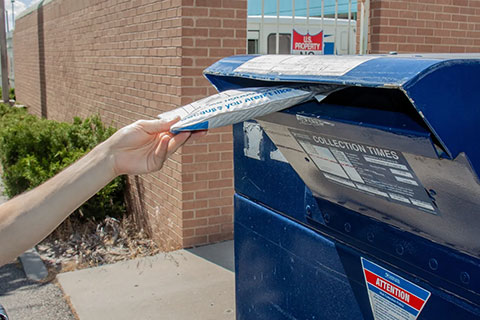
The Pentera Blog
Your Most Likely Planned Gift Donors Are ... Widowed Women
Of all of the demographic groups, there is one group that includes the most bequests in their estate plans: widows.
An IRS study of estate-tax returns analyzed the number of gifts and the dollar amount of gifts from men and women who were widowed, married, single, and "other" (divorced, legally separated, and marital status unknown). Widowed women come out on top by a large margin, with more than twice as many bequests and more than twice the dollar total as the next category—widowed men.
Why are widowed women most likely to make charitable gifts?
Most married couples decide their charitable intentions together, but when it comes down to the actual estate-plan gift, it comes from one person—and that typically is the one of the couple who is the last to die. The one who dies first typically gives everything to their spouse, who will follow through and make the charitable bequests that the couple decided together. Since wives typically outlive husbands, the bequests agreed upon by married couples most often come from the widow.
In addition, research studies from the IRS, the Census Bureau, and the Indiana University Lilly Family School of Philanthropy have all found that women as a group are more charitable than men. So it follows that widows who did not make previous charitable intentions with their husbands are more likely than a widowed male to add a charitable beneficiary.
Widows as a group also tend to be the most wealthy single Americans. That is because many women inherit twice: once from their parents and then from their husbands who pass away.
In regards to giving to various nonprofit sectors, the IRS found that widowed women gave the most money from taxable estates to virtually every category of nonprofit, ranking first for number of gifts and dollar amount in eight of nine types of charities. The only category in which widowed women did not rank first was international and foreign affairs.
Charity Categories in Which Widowed Women Ranked First*
- Public societal benefit
- Education
- Health
- Human services
- Religion-related
- Arts, culture, and humanities
- Environment and animal welfare
- Membership
*Listed in order of the dollar amount given by widowed women in estate-tax returns
For all these reasons, you should do your best to identify widows on your marketing lists, screen their likelihood as planned gift prospects, market to them, and steward them.


